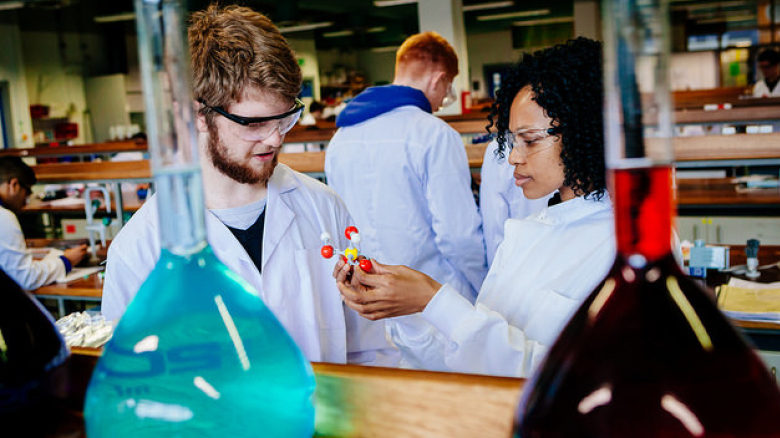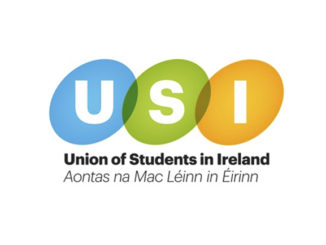
[dropcap]It[/dropcap] was November 2016 and the graduation ceremonies in DCU were well underway. One graduate, Sarah Gilgunn, had to fly back from London in order to attend.
Despite graduating from her PhD in April 2016, DCU contacted her and asked her to attend this graduation too. The reason made the flight home that little bit better, as Gilgunn was being awarded the Chancellor’s Medal. A prestigious award in DCU that celebrates the achievements of researchers.
The graduation ceremony proceeded as normal except all of the achievements Gilgunn had accomplished throughout her PhD were listed. She described it as surreal because she had somehow forgotten all that she had achieved during her time in DCU. It was rewarding to suddenly have all of her hard work recognised, to know that throughout all of those challenging times when she doubted her abilities and commitment, her perseverance got her where she is today.
Science courses can be some of the most challenging courses to undertake but those long hours, daily assignments and lab reports can really pay off when you’ve suddenly discovered something that could save people’s lives or developed something that could completely change an aspect of life. A 2014 study found that women are more likely to drop out of STEM courses than their male counterparts.
Gilgunn began her career in science in 2003, when she undertook her undergraduate studies in Institute of Technology Sligo by studying biomedical science. She excelled in the course and finished her course with a first-class honours degree. She then completed a masters in TCD in biomolecular medicine. It was a competitive course but that competition is what inspired and motivated her to work hard.
From there, she undertook a PhD in DCU whereby she took part in a research project called PCRC – Prostate Cancer Research Consortium which was funded by Irish Cancer Society. The aim was to discover different ways to detect different forms of prostate cancer so that they could distinguish between indolent and aggressive prostate cancers.
“It was a really exciting project and I’m delighted that I got to take part. Basically they had the concept that, in relation to a lot of treatments and a lot of medicines, one shoe doesn’t fit all. So one simple diagnostic test is not enough. They thought if we had four projects and then combined all the data together, it would really develop an ultimate line marker.
“It would really be definitive in distinguishing between indolent form of prostate cancer which is a basically a form of prostate cancer that isn’t really going to have a dramatic impact on your life and then be able to distinguish that from an aggressive prostate cancer.
“Because if you’re diagnosed with prostate cancer, the doctor isn’t going to know if it’s indolent or aggressive so they’ll just go ahead with the treatment for an aggressive prostate cancer which would be removing that prostate and that would have a huge impact on a man’s life,” she said.
Gilgunn said that in order to get through the intensity of science courses, students need to have a motivator – something that makes them work hard. For Gilgunn, it was knowing that if she keeps this up, one day she will be able to directly impact on patient’s lives. It was not until she started college did she even realise how much she thoroughly enjoyed the sciences with biology in particular.
“I didn’t even do biology for my Leaving Cert but it was something I was always kind of interested in. Healthcare was something I was always passionate about. Developing medicine and understanding medicine. I’m a very patient focused person, I would always like my work to directly affect patients,” Gilgunn said.
Gilgunn is currently a research fellow at The National Institute for Bioprocessing Research and Training (NIBRT) which is situated in UCD. She is primarily focusing on improving the purification process of monoclonal antibodies.
It is exciting work, according to Gilgunn, due to the fact that it could one day help save someone’s life and that would never have been a possibility if she did not undertake a STEM course. Despite the tenacious nature of science courses, the rewards are well worth the effort.
Shauna Bowers



